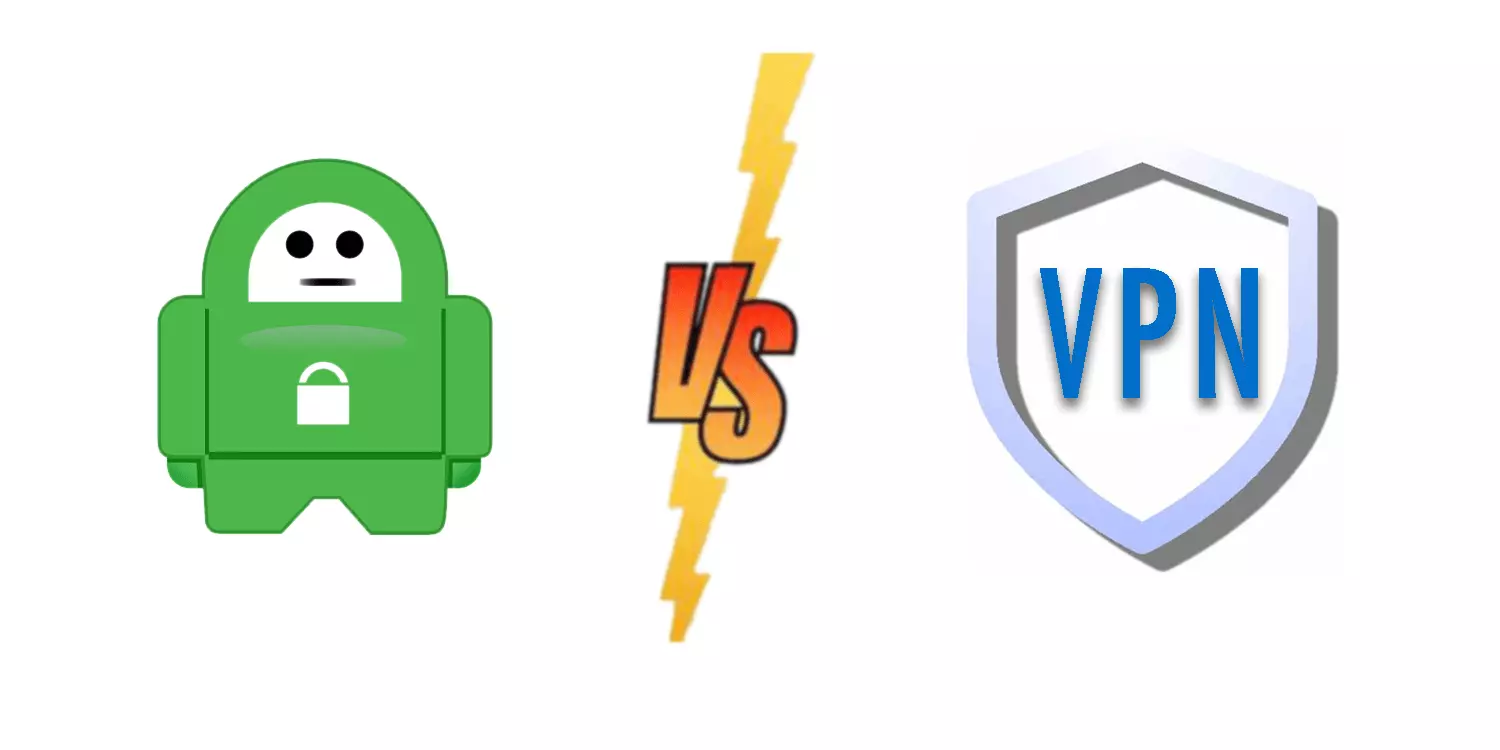It is no secret that the internet can be a dangerous place. Hackers, identity thieves, and other online criminals are always looking for new ways to exploit unsuspecting users. While using a VPN (a virtual private network) can help protect your privacy and security online, is it really safer than using a private internet connection? Let’s take a closer look at the pros and cons of each option to find out.
Is using a VPN much safer than using private internet?
There is no simple answer to this question. It depends on what your priorities are and what you are looking to get out of your internet connection. If security and privacy are your top concerns, then a VPN is probably the better option. However, if you just want a fast and reliable internet connection, a private connection may be the way to go.
VPN vs Private Internet
|
Facilities |
VPN |
Private Internet |
|
Proxy |
Yes |
No |
|
Unblock Geo Restriction |
Yes |
No |
|
Encrypted Connection |
Yes (for pro users only) | No |
|
User IP Expose |
No |
Yes |
|
Change IP location |
Yes | No |
|
Browsing Anonymously |
Yes |
No |
|
Spy |
No |
Yes |
| Hide user IP | Yes |
No |
|
Hack Cookies |
No |
Yes |
| Flush browsing Technologies |
No |
Yes |
What is private internet?
A private internet connection is simply a data connection that is not shared with anyone else. This means that only you and the person or organization you are sending data to can see it. Private internet connections are typically much faster than public ones because there is no congestion from other users.
Why use private internet?
There are many reasons why you might want to use a private internet connection. Perhaps you are working on sensitive data that you don’t want anyone else to see. Or maybe you are trying to avoid snooping from your ISP or government agencies. Whatever the reason, a private internet connection can give you the peace of mind that your data is safe from prying eyes.
Drawbacks of private internet
Of course, nothing is perfect. There are a few potential drawbacks to using a private internet connection. First, it can be more expensive than a public connection. Second, if your data is truly sensitive, you may want to consider using a VPN instead of a private connection, as we’ll discuss below.
Why VPN stands is a secure way to connect to the internet
A VPN (a virtual private network) is a type of internet connection that encrypts your data and routes it through a secure server. This means that anyone trying to snoop on your traffic will only see gibberish, making it much more difficult for them to steal your data.
To increase security, using a VPN can also help you bypass censorship and geo-restrictions. For example, if you are trying to access a website that is blocked in your country, you can connect to a VPN server in another country where the site is available and view it without any problems.
VPNs are also helpful in bypassing censorship and accessing blocked websites
By connecting to a VPN server in a different country, you can bypass government censors and access sites that would otherwise be blocked.
One of the most popular uses for VPNs is downloading torrents. Many torrenting sites are blocked by ISPs, but by connecting to a VPN, users can bypass these restrictions and download their favorite content. However, it is important to note that not all VPNs allow torrenting, so be sure to check with your provider before connecting.
Drawbacks of VPN
VPNs are not perfect, however. One potential downside is that they can slow down your internet connection, depending on the server you are connecting to. Some VPNs keep logs of user activity, which means that your privacy could still be at risk if the VPN company is compromised by hackers.
So, is a VPN really safer than using a private internet connection? It depends. If security and privacy are your top concerns, then a VPN is probably the better option. However, if you just want a fast and reliable internet connection, a private connection may be the way to go.
Conclusion
VPNs are safer because they encrypt your traffic and keep your data private.
-Your ISP cannot see what you’re doing online when you’re using a VPN, which means they can’t sell that information to third parties.
-VPNs also provide added security features, such as malware protection and the ability to hide your location.
-Private internet is not always safe because it does not encrypt your traffic or protect your data from being seen by ISPs.
